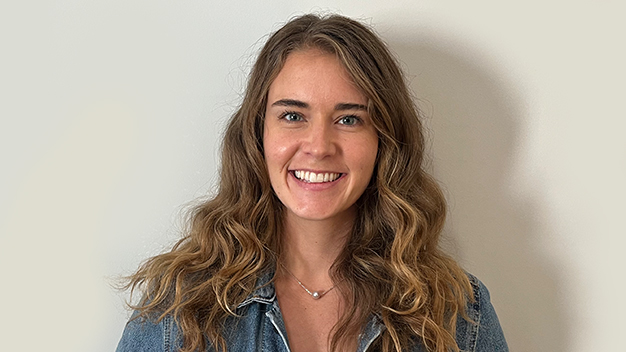Copy & paste is operationally dangerous
Brian Fannin

Episode notes
We were recently joined by Brian Fannin, Research Actuary at Casualty Actuarial Society.
During the hangout (38:46) with Brian, we spoke a bit about the areas where actuaries are turning to code-first data science.
A big selling point for actuaries is when they find out they can replace a very typical actuarial and analytic workflow of creating a plot in Excel and copying and pasting it into Word. That’s operationally inefficient. It’s operationally dangerous.
The notion that my entire analytics report is in one file: all of the code, all of the narrative, all of the tables, it’s like telling me that I can breathe underwater and fly.
I think that as actuaries become aware of that capability, they will get happy about it as will the people who need to communicate with actuaries.
Imagine you’re in a meeting and you have everyone looking at the same file and the plot didn’t update.
“What do you mean we’re losing $1 billion a day?”
“Oh, sorry, that’s yesterday’s graph. Today it is…”
_________
Resources shared during the hangout:
R for Actuaries and Data Scientists: https://info.actexmadriver.com/r-for-actuaries
Deep Learning with R (Second Edition): https://www.manning.com/books/deep-learning-with-r-second-edition
The Theory That Would Not Die: https://yalebooks.yale.edu/book/9780300188226/the-theory-that-would-not-die/
CASDatasets: http://cas.uqam.ca/
R4DS Community: https://r4ds.io/join
Featured in this episode

Brian Fannin is an actuary who loves open-source tools and CTRL+SHIFT+B. He has been an actuary for over 20 years, having become an Associate of the CAS in 2002 and a Certified Specialist in Predictive Analytics (CSPA) in 2017. He has worked in a variety of roles in commercial insurance, both primary and excess in the US as well as Europe and Asia. An early proponent of R, he has taught various workshops and seminars for the CAS, Actex and insurance clients. He is the author of the book “R for Actuaries and Data Scientists with Applications to Insurance”, published by Actex. He joined the staff of the CAS in March of 2018 as a Research Actuary. His focus is to enable CAS committees and research partners to work efficiently in developing relevant, practical content.

